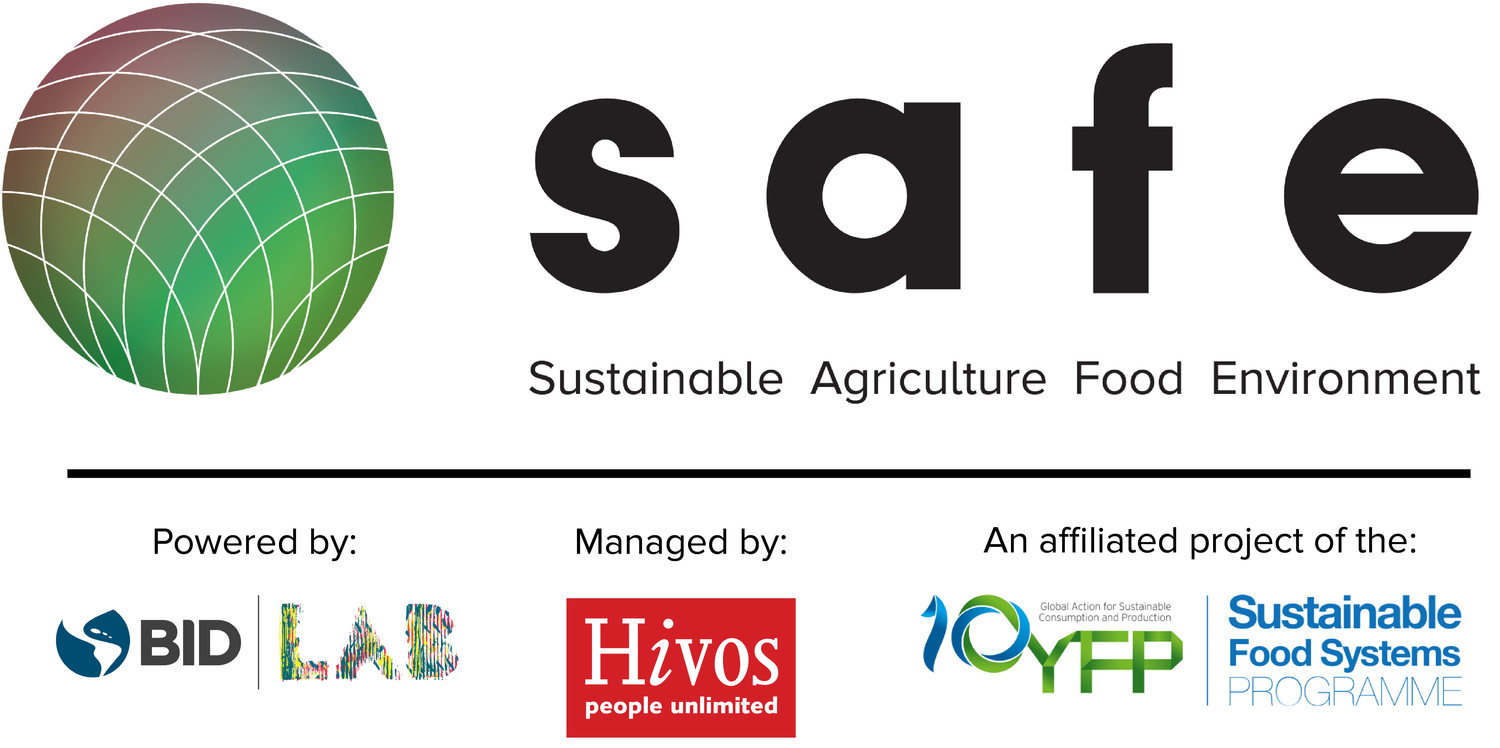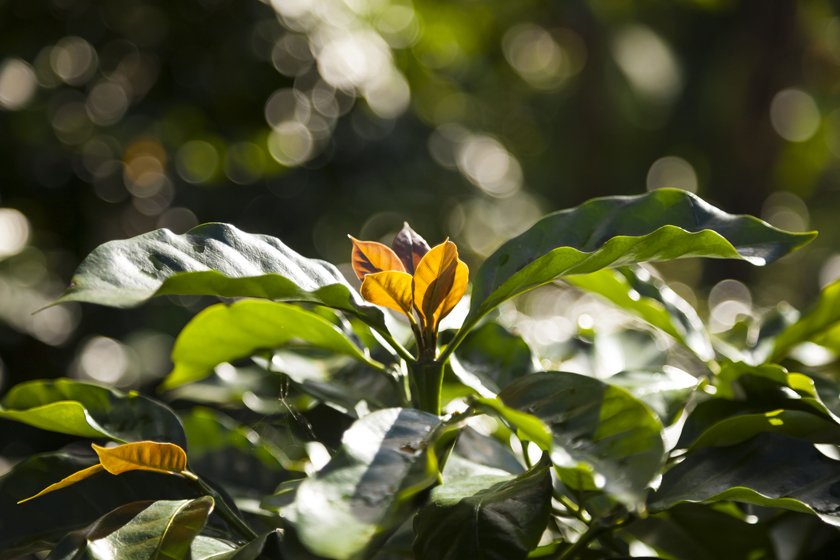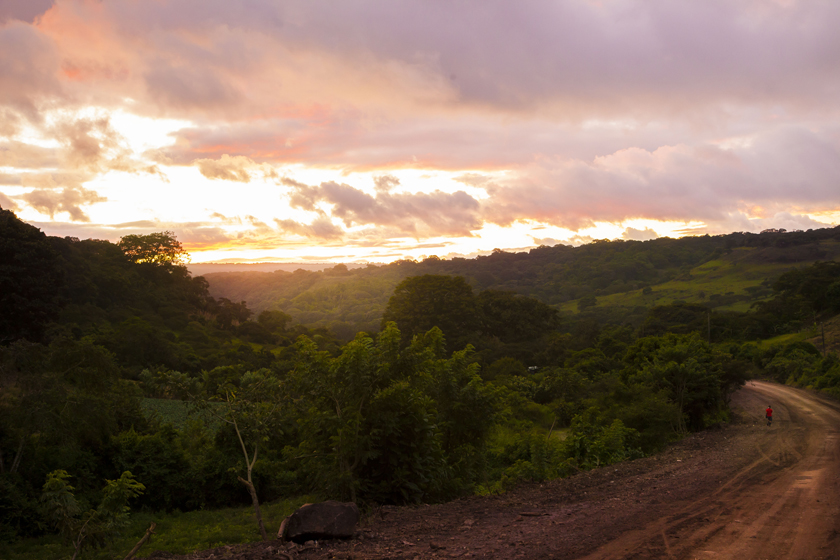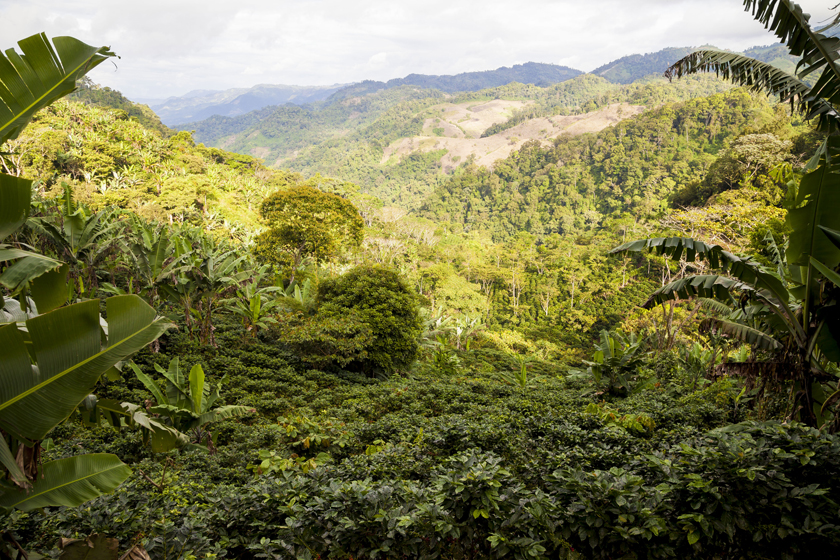Coffee Landscape Assessment
The coffee value chain is complex, as are the challenges presented by coordinating stakeholders – whether globally or within a region. Even referring to the geographic areas where coffee grows as “coffee-producing regions” belies the fact that these landscapes are mosaics that include coffee as one actor among many environmental, social, and economic forces shaping the future for the farmers, communities and forests of the region.
With the recognition that no single initiative can create a sustainable supply chain, coffee businesses, civil society organizations, governments and international donors need a shared framework for measurement to help organize the ecosystem of stakeholders towards a common sustainability agenda.
The proposed approach combines cooperative, household, and remote sensing analyses to measure progress made by the coffee sector in driving socio-economic development of communities and ecological conservation at the landscape level. This framework offers an unprecedented opportunity for industry to take the lead in shaping that agenda and reinforcing the productive capacity of regions significant to the ongoing supply of high-quality coffee.
Implementing partners
Specialty Coffee Association of America (SCAA), Coalition for Coffee Communities (CCC), Conservation International (CI), Committee on Sustainability Assessment (COSA).
Direct and Indirect Beneficiaries
The first phase of the program sets out to develop a landscape assessment framework using CCC members’ supplier data but no direct intervention will be conducted with farmers. In the second phase, the data analyzed and the learning questions established in phase 1 will be able to serve as the basis for field investment in the Jinotega region of Nicaragua, expecting to reach the 3,000 families in the targeted producer organizations.
Location
Jinotega, Nicaragua.




